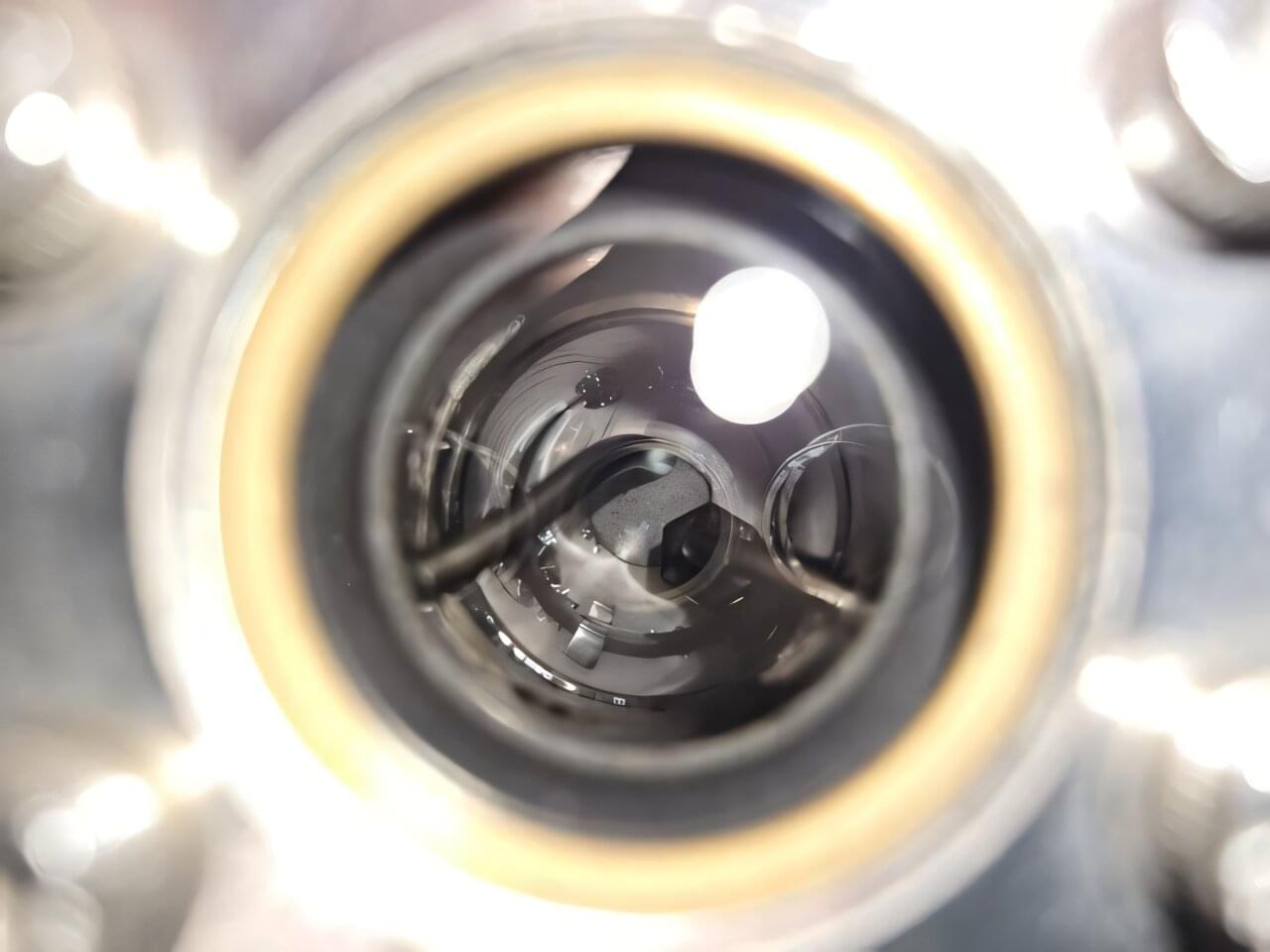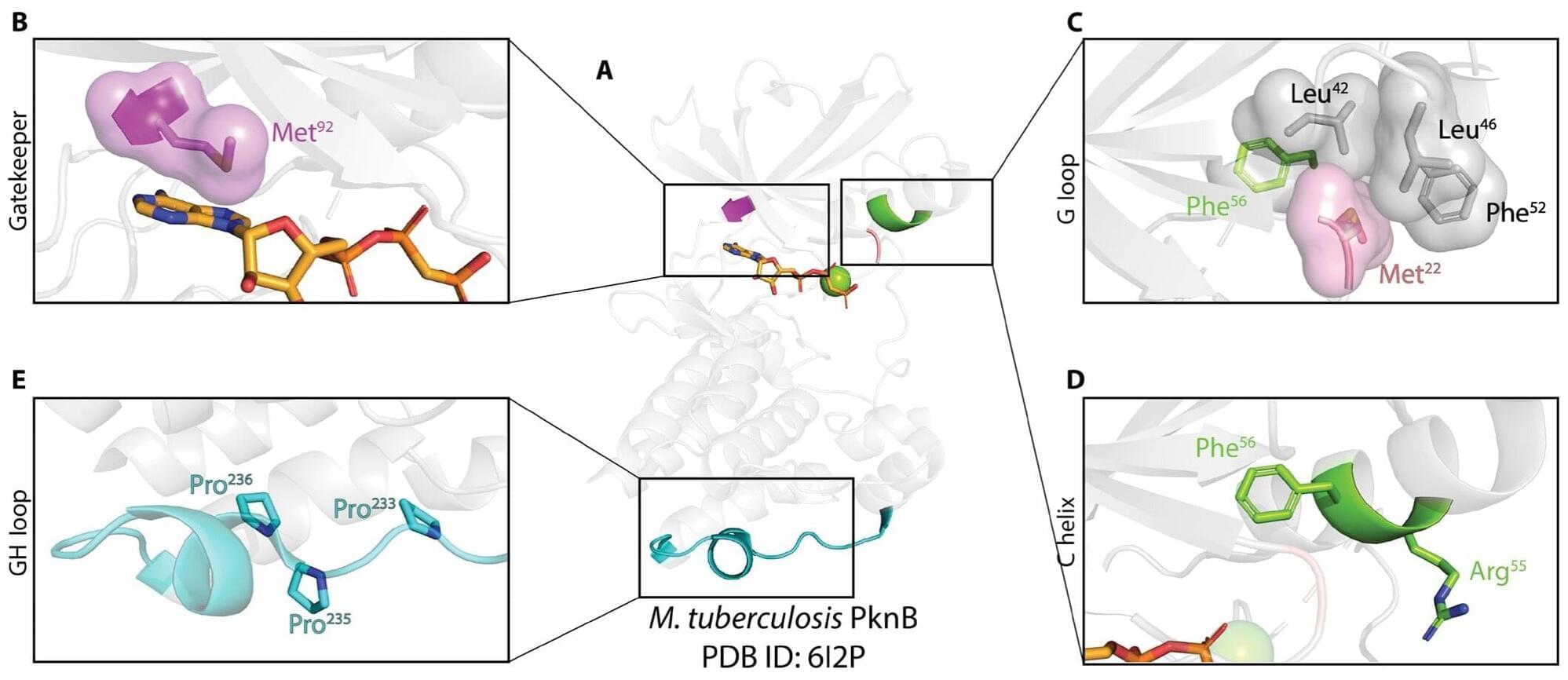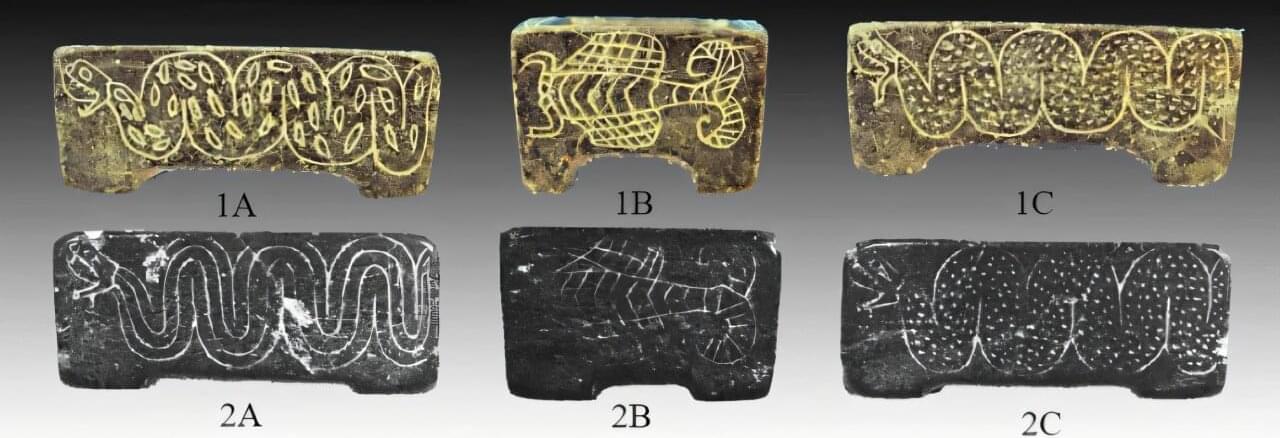Enzymes known as kinases play a critical role in cell growth, metabolism and signaling in a multitude of organisms across the tree of life—from algae to helminths to mammals. Now, scientists have developed an atlas of bacterial kinases and say their new compendium holds a motherlode of possible targets for reimagined antimicrobial drugs.
A team of researchers at the University of Georgia has zeroed in on serine-threonine kinases, regulators of cell growth and pathogenicity in a multitude of bacterial species. They say their compendium can provide guidance on research into bacterial virulence and potentially trailblazing ways to attack bacteria by inhibiting the activity of serine-threonine kinases. The team’s compendium was developed by analyzing serine-threonine kinases in nearly 26,000 strains of bacteria.
“Bacterial serine-threonine kinases regulate diverse cellular processes associated with cell growth, virulence, and pathogenicity and are evolutionarily related to the druggable eukaryotic serine-threonine kinases,” writes researcher Dr. Brady O’Boyle of the University of Georgia, lead author of the new study involving the massive atlas. O’Boyle and his team found that the number of serine-threonine kinases within bacterial genomes ranges from 1 in Escherichia coli to more than 60 in some species of Actinobacteria.








